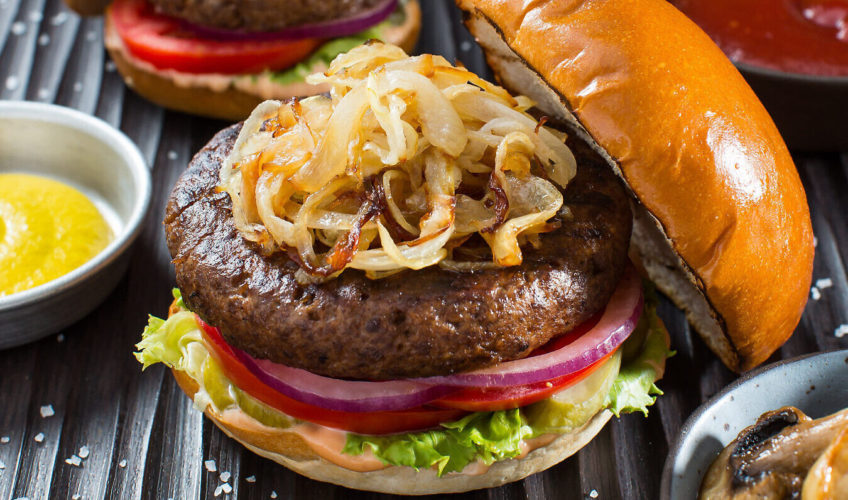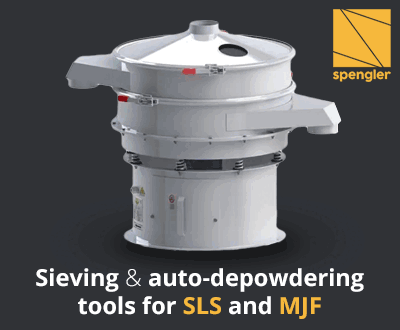SavorEat Makes History on the Tel-Aviv Stock Exchange

The Israeli food-tech company SavorEat produces 3D-printed plant-based meat alternatives. After going public earlier this year, SavorEat made history. It was the first company of its kind to be listed on the Tel Aviv Stock Exchange (TASE) and raised NIS 42.6 million, or around 13 million US dollars, in its initial public offering.
The future of 3D-printed meat alternatives is promising. Due to meat shortages caused by the Covid-19 outbreak, interest and demand for alternative solutions have rapidly increased over the last year. Even before the pandemic, the Global Food 3D Printing Market was projected to grow at a CAGR of 20.21% between 2020 and 2025, according to a report by Mordor Intelligence. This growth was in part attributed to the rising demand for customised food products. As such, SavorEat is just one of several Israeli start-ups specialising in 3D-printed meat alternatives. Other notable competitors include Redefine Meat, MeaTech, and Aleph Farms. The latter of which, successfully printed meat in space last year, proving that it is possible to provide access to safe and nutritious meat anytime and anywhere on earth, while using minimal resources.

SavorEat specialises in 3D printed meat alternatives | Image via SavorEat
SavorEat’s Mission
SavorEat wants to meet the demands of a consumer base that is “becoming ever more aware of the ecological and ethical impact of meat consumption”, while also catering to their individual preferences. The meat industry’s negative impact on the environment is well recognised. It accounts for 18% of human produced green house gases, and contributes to deforestation, methane emission, food waste and land consumption. SavorEat’s meat alternatives are ethical, sustainable and ecological. They are also vegan, gluten-free, kosher, and only contain non-GMO ingredients free from preservatives, hormones, antibiotics, and allergens. AM technology also allows for a highly efficient supply chain. The amount of waste produced is minimal, thanks to the precision of 3D-printing and long shelf-life of ingredients. SavorEat’s “chef robot” is able to print and grill up to 8 dishes at once, in just six minutes.
While SavorEat are most known for their burgers, they also produce a variety plant-based steaks, kebabs and seafood. Moreover, AM technology enables mass customisation. SavorEat have developed a demo app that allows users to customise dishes from their own device. Dishes can be personalised according to specific taste, diet, and lifestyle preferences. For example, a customer could order a low fat, high protein, medium-rare burger, with a light consistency, and still receive his food in six minutes. Regardless of the plant-based ingredients or personalisation, the robot chef is still able to recreate the taste and texture of meat. You can find out more about SavorEat on their website.
What do you think about 3D-printed meat alternatives? Let us know in a comment below or on our Facebook and Twitter pages! Sign up for our free weekly Newsletter, all the latest news in 3D printing straight to your inbox!







